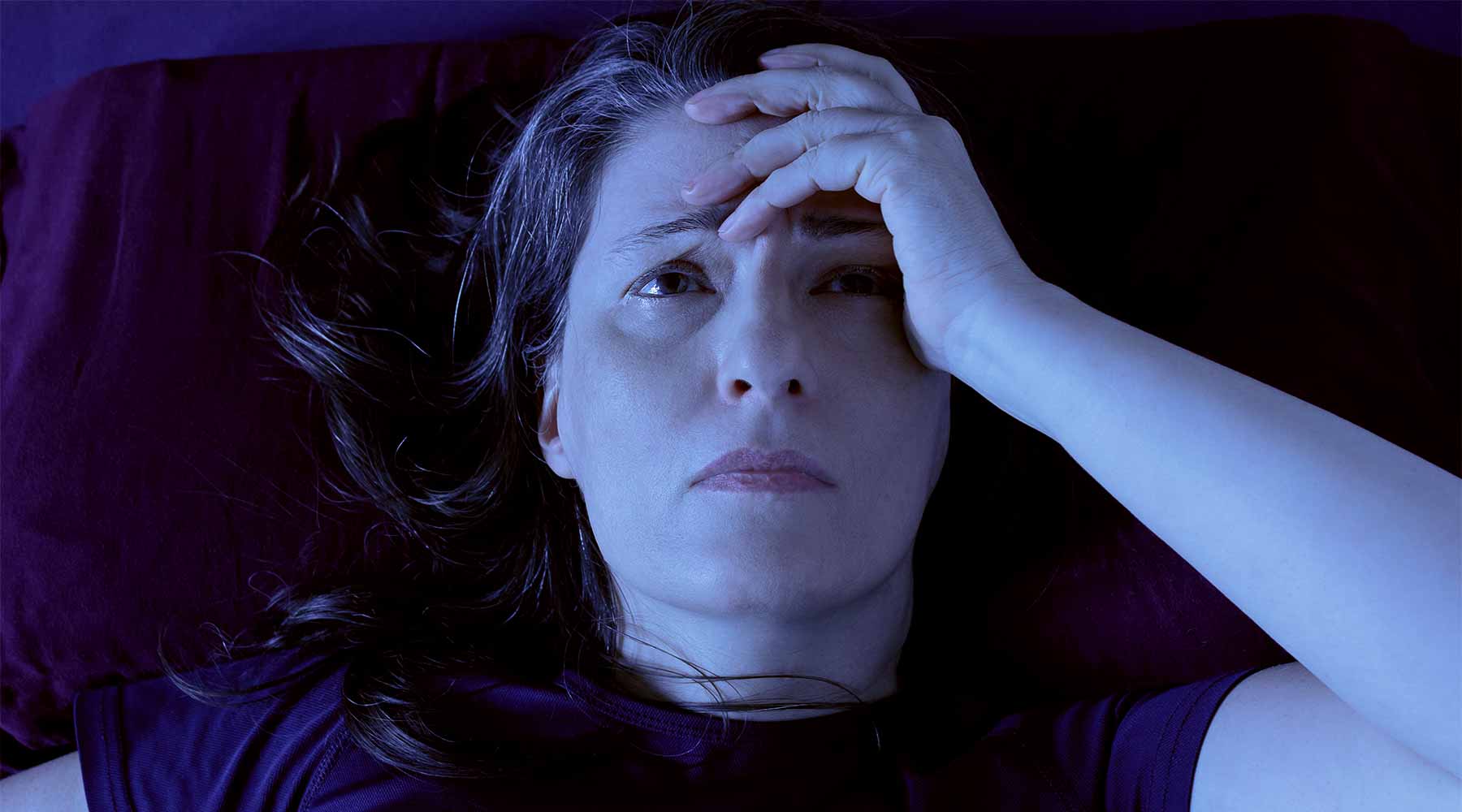
Living without sleep: What happens if you don't sleep anymore?
Sleep is one of the basic biological needs of humans. Sleeping less than necessary is unfortunately widespread, but what happens in the body and brain when you stop sleeping altogether? Here's what consequences complete sleep deprivation can have.
Table of contents
- Why is sleep so important?
- What happens if you don't sleep for several days?
- What happens if you don’t sleep at all?
- What does this mean for us?
- Conclusion
1. Why is sleep so important?
Sleep is an essential part of our lives. While we sleep, the body recovers, regenerates cells, and strengthens the immune system. Important processes take place in the brain that organize memories and form memory. Without sufficient sleep, we simply cannot function properly. We become more susceptible to illness, are less productive, and lose the ability to concentrate and learn.
Even one night of poor sleep can have negative consequences. The first signs usually include fatigue and exhaustion, reduced concentration, or mood swings. We often simply feel unwell and are more susceptible to stress. If we sleep better the next night, the negative symptoms usually disappear.
However, if we sleep poorly over a longer period of time, the consequences for our health are far-reaching. Our immune systems weaken, we become more susceptible to illness, and our risk of chronic diseases such as diabetes, high blood pressure, or cardiovascular disorders increases. Persistent sleep deprivation also changes our eating habits and impacts our mood, so that our mental health suffers and we feel increasingly unwell in the long term. These and many other consequences show why sleep plays such an important role in our lives. But what would happen if we stopped sleeping altogether?
2. What happens if you don't sleep for several days?
Complete sleep deprivation over several days would have serious consequences for us. Eventually, the body runs out of energy, and the brain increasingly loses its ability to process information. After about 48 hours without sleep, the first serious symptoms appear:
- Perceptual disorders: The ability to see or hear things properly deteriorates, which severely impairs orientation.
- Cognitive and physical breakdowns: Memory and motor skills decline significantly. Physical coordination also becomes more difficult, leading to an increased risk of accidents.
- Hallucinations: Without sleep, many people begin to experience hallucinations – both visual and auditory.
3. What happens if you don’t sleep at all?

Complete sleep deprivation over a prolonged period—that is, several days or weeks—leads to extreme, life-threatening conditions. The effects are so severe that our bodies and brains would eventually collapse.
Cognitive destruction
After about 72 hours without sleep, the brain loses the ability to process and store information, causing memory and concentration to deteriorate significantly. After one week of sleep deprivation, brain function is severely impaired.
Hallucinations and mental disorders
Long-term sleep deprivation leads to serious mental disorders, including severe hallucinations and delusions. The brain becomes increasingly alienated from reality, and we can no longer properly distinguish between reality and dreams.
Physical breakdowns
Without sleep, the circulatory system and immune system become increasingly weaker. The body's ability to recover is then severely limited, leading to more frequent infections and an increased risk of serious health problems.
Fatal consequences
Extreme cases of sleep deprivation can actually lead to gradual deterioration of the nervous system, organ failure, and ultimately death.
4. What does this mean for us?
Humans are simply not designed to go completely without sleep. While it's possible to survive with little or no sleep for short periods, lack of sleep ultimately leads to physical and mental damage that not only impairs daily functioning but can also endanger life itself.
It is all the more important to pay enough attention to sleep and to always see it as a friend, not as an enemy.
5. Conclusion
-
Sleep is essential for health - it supports physical and mental regeneration, strengthens the immune system and promotes well-being.
-
Chronic sleep deprivation makes you unhappy and increases the risk of heart disease, diabetes and mental disorders.
-
Complete sleep deprivation over a long period of time can lead to hallucinations, organ failure and, in extreme cases, death.
Best regards!


Leave a comment
This site is protected by hCaptcha and the hCaptcha Privacy Policy and Terms of Service apply.